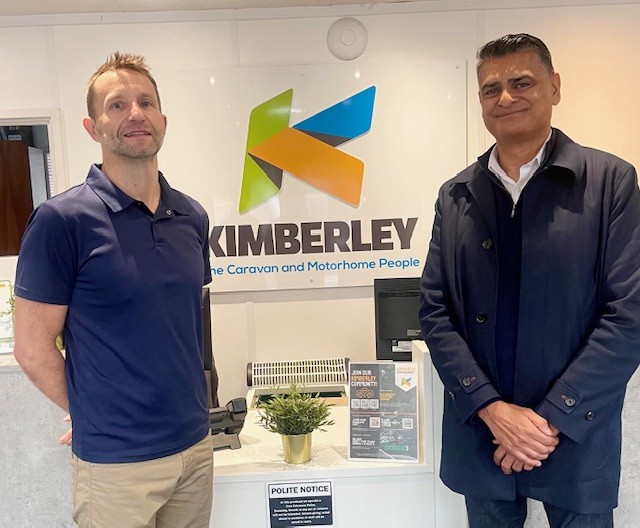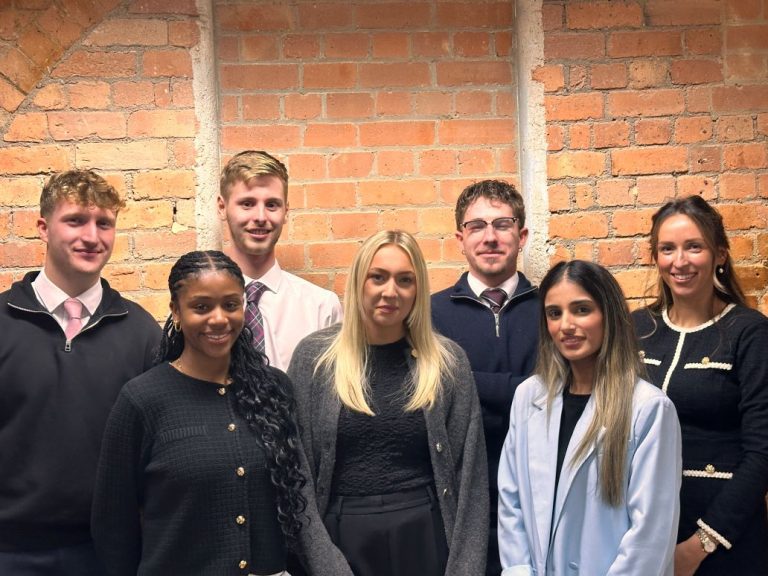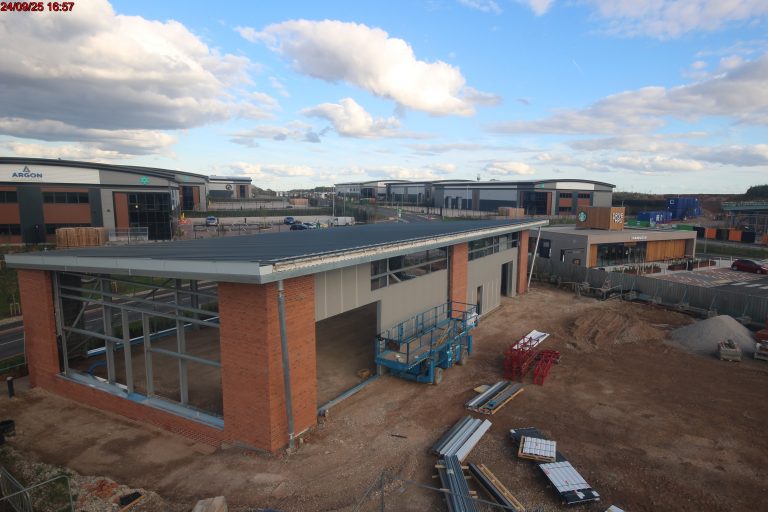Nottingham caravan retailer secures support to drive growth and sustainability efforts
Wright Vigar makes associate director promotion
Bates Weston welcome seven new starters
1284 Communications appoints content director
Clowes Developments drives forward roadside trade counter units at Castle Donington business park
Demolition work completes on derelict Long Eaton cinema
Work begins to build new industrial site in Staveley
Richard Kenyon to lead Nottinghamshire County Cricket Club
Nottinghamshire County Cricket Club has appointed Richard Kenyon as its new Chief Executive, with his tenure set to begin in December.
Kenyon brings extensive leadership experience from his time at Everton Football Club, where he held senior roles including Chief Commercial & Communications Officer and Chief Executive of Everton in the Community. His background includes overseeing large-scale projects such as the development of Everton’s new stadium at Bramley-Moore Dock and driving commercial and brand growth initiatives.
“Throughout his career, Richard has demonstrated the ability to lead large, complex organisations through significant transformation while maintaining a strong focus on values, governance, and performance,” said Nottinghamshire Chair Andy Hunt. “His leadership at Everton spanned critical areas including commercial strategy, global brand development, major infrastructure projects, and multi-stakeholder consultation – all directly relevant to the current and future ambitions of our Club.”
Kenyon’s appointment follows the departure of former Chief Executive Lisa Pursehouse. The club is entering a key phase marked by its 2025 County Championship victory, the integration of a tier-one women’s professional team, and ongoing redevelopment work at the historic Trent Bridge Pavilion. Nottinghamshire has also maintained a majority stake in the Trent Rockets.
Until Kenyon’s arrival, Commercial Director Michael Temple will serve as Interim Chief Executive. The appointment marks a strategic move to strengthen the club’s leadership during a period of transformation across English cricket.
Former Derby police station set for major residential conversion
The former police station on Cotton Lane in Derby is set to be redeveloped into 102 apartments following approval by Derby City Council’s planning committee.
The application, submitted by DCG Investments Ltd, includes 55 one-bedroom and 47 two-bedroom units. Plans also feature 51 on-site parking spaces and 120 cycle spaces.
The building, vacated by Derbyshire Police in 2022 when operations moved to the new Ascot Drive station, has been unused since and described as being in poor condition. It was closed originally in 2017 after being deemed no longer suitable for operational use.
The proposed conversion aims to revitalise a site that has suffered from neglect and vandalism, with developers expected to contribute to local infrastructure and community services under a Section 106 agreement.
The project will add to Derby’s housing supply and forms part of ongoing efforts to repurpose redundant public buildings for residential use.
Forest expand City Ground redevelopment plans
Nottingham Forest has lodged new proposals with Rushcliffe Borough Council for a major redevelopment of the City Ground, which would increase its capacity to around 45,000.
The club’s earlier plan to rebuild the Peter Taylor Stand was approved earlier this year, raising capacity from 30,000 to 35,000. The revised submission outlines a larger expansion, including infilling the corners of the Trent End Stand and upgrading the surrounding infrastructure.
Under the proposal, the Peter Taylor Stand would deliver about 10,000 additional seats, with nearly half allocated to corporate hospitality. The Trent End extensions would accommodate a further 5,000 supporters. The scheme also features new pedestrian access routes, car parking areas, and landscaping improvements.
Plans to include 170 residential units near the stadium have been removed. The redevelopment will involve demolishing several existing structures, including the Sims and Britannia boathouses, residential buildings, and previously approved facilities such as the Peter Taylor Stand, Champion Centre, and club shop.
Savills is overseeing the planning process for Forest, which has not yet confirmed a final capacity figure pending completion of the final designs.












